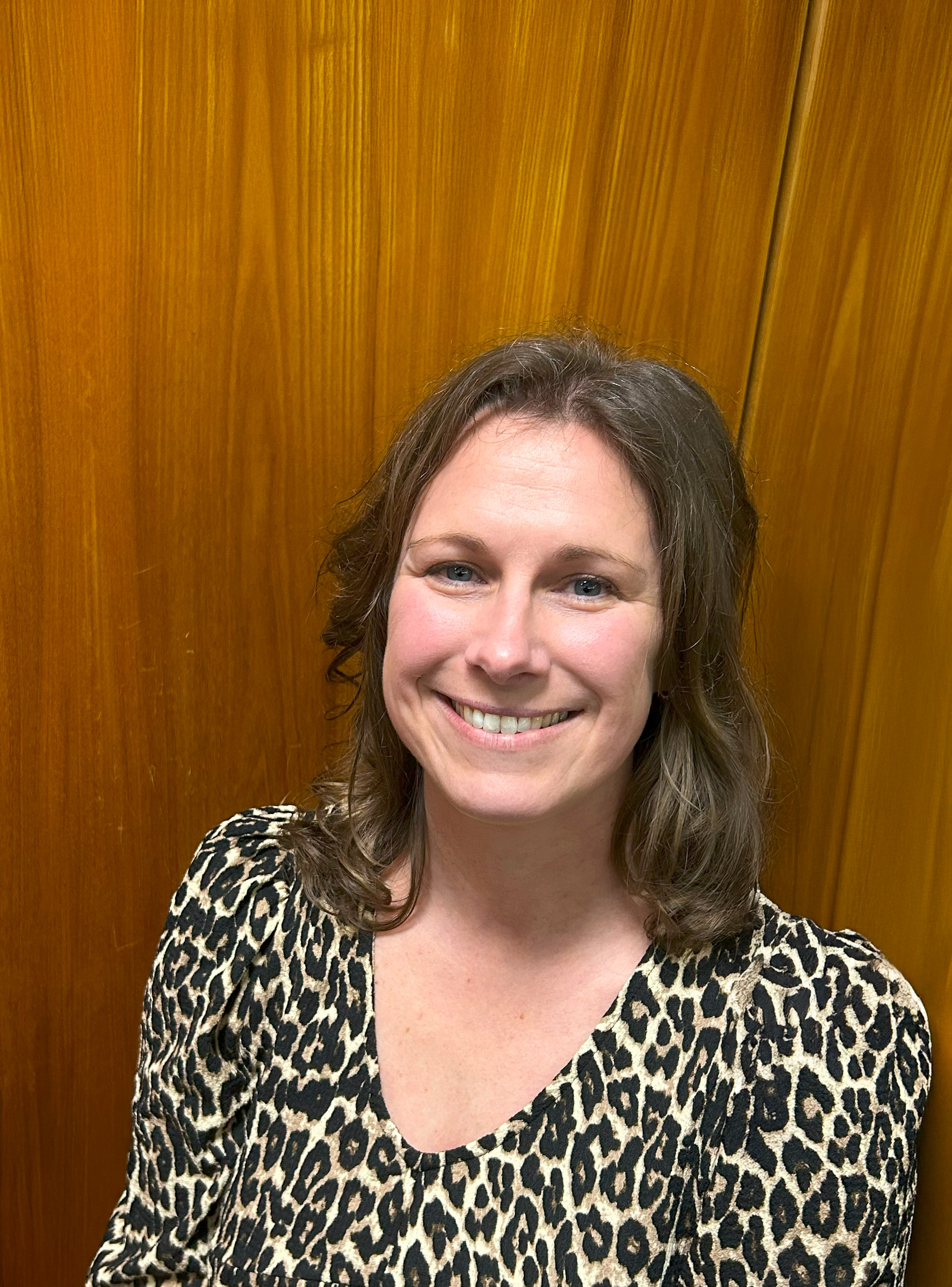The Housing Board
Following many changes in the external housing environment, including the passing of new legislation which means councils are now inspected by an external regulator of social housing, we have reviewed our approach to how we understand the lived experience of tenants and leaseholders.
Whilst the involvement of tenants and leaseholders has always been important to the Council, the time has come to build on this work and to bring that voice into the decision-making structure of the Council, by creating a Housing Board made up of three elected members (Councillors), three independent members and three Cannock Chase Council housing tenants/leaseholders.
This represents a change in the Council’s approach to working with its tenants and leaseholders. Our expectation is that the Housing Board will ensure that the wider diverse voice and experience of tenants and leaseholders is considered and heard before the Council makes decisions about housing policies and strategies. Having tenants and leaseholders on the Housing Board, working with Councillors and independent members will ensure we have a wide breadth of experience overseeing the delivery of housing services across the district.
Further information is available in the Information for Tenants and Leaseholders Information Booklet, which can be viewed below:
Information for Tenants and Leaseholders
We have completed the appointment process and are pleased to confirm the Board was approved by Cabinet on 30th January 2025.
The Cabinet report is available to view below:
Cabinet - 30th January 2025 | Cannock Chase District Council
We are pleased to confirm the appointments to the Board are as follows:
Tenant Members
- Brian Murphy, tenant of 12 years, retired
- Natasha Howells, tenant of 6 months, Income Management Assistant, CCDC
- Gary Pace, tenant of 30 years, retired
Independent Members
- Andrew Kenny - Executive Director of Property, Housing Plus.
- Sarah Johnson - Director of Governance and Legal, whg (Walsall Housing Group).
- Lucy Cunnett - Homes Manager, Tamworth Borough Council.
Elected Members
- Cllr Steve Thornley, Leader of the Council (Chair)
- Cllr Sue Thornley, Housing and Corporate Assets Portfolio Leader
- Cllr Phillipa Haden, Shadow Housing and Corporate Assets Portfolio Leader
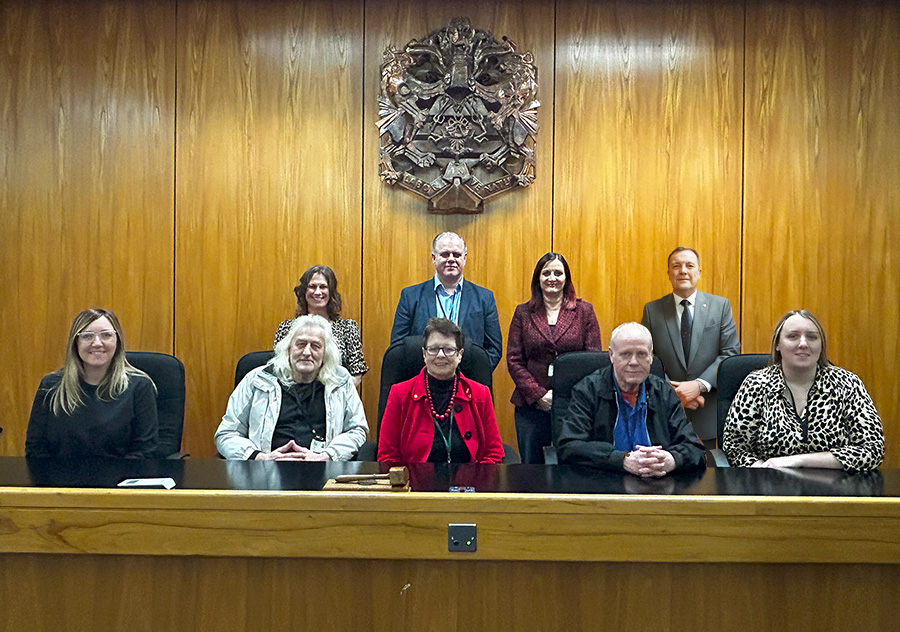
Back row, left to right: Cllr Phillipa Haden, Andrew Kenny, Sarah Johnson, Cllr Tony Johnson (former Chair).
Front row, left to right: Natasha Howells, Brian Murphy, Cllr Sue Thornley, Gary Pace, Lucy Cunnett.
If you are interested in being involved as a tenant or leaseholder then we have a range of involvement options available to suit everyone, please contact the Resident Engagement and Insight Officer on residentengagement@cannockchasedc.gov.uk or 01543 462621 to find out more, or see the Tenant Participation page for further details.
Agenda and Minutes
- Brian Murphy, tenant, retired
-
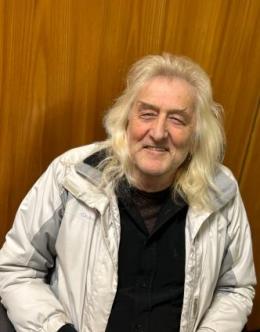
Brian has been a Cannock Chase Council tenant for 13 years. He is a Union representative and has experience being part of Birmingham's Neighbourhood Panel and Safer Neighbourhoods Panel, where he was Data Champion & Chairperson. Brian is also an independent Volunteer on Staffordshire Police Dog Welfare Panel and a Local Community Liaison to Birmingham Council, and he has been involved in organising several Local Community Projects. Now retired, Brian wants to put his wealth of experience to good use being a member of the Housing Board.
- Natasha Howells, tenant, Income Management Assistant, CCDC
-
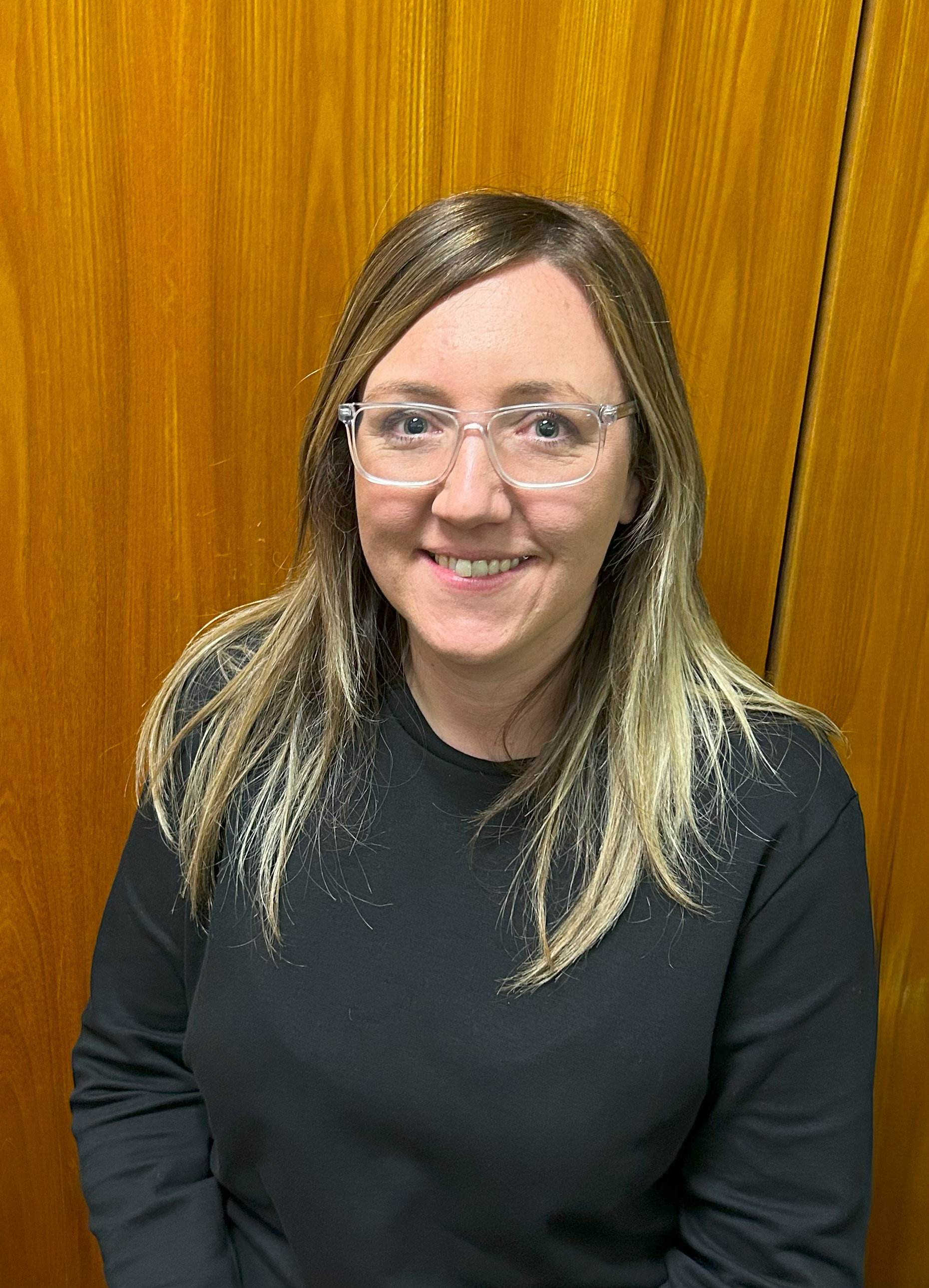
Natasha (Tash) started her career in the Contact Centre at Stafford Borough Council and has a good understanding of most of the Council’s services. Tash became a tenant of the Council around a year ago. She works part time as a Housing Assistant in the Income Management team. Tash will be able to see both sides of the issues met by the Council and by tenants. Tash feels very passionate about being part of shaping housing services and helping to oversee and ensure we are delivering the services needed and required.
- Gary Pace, tenant, retired
-
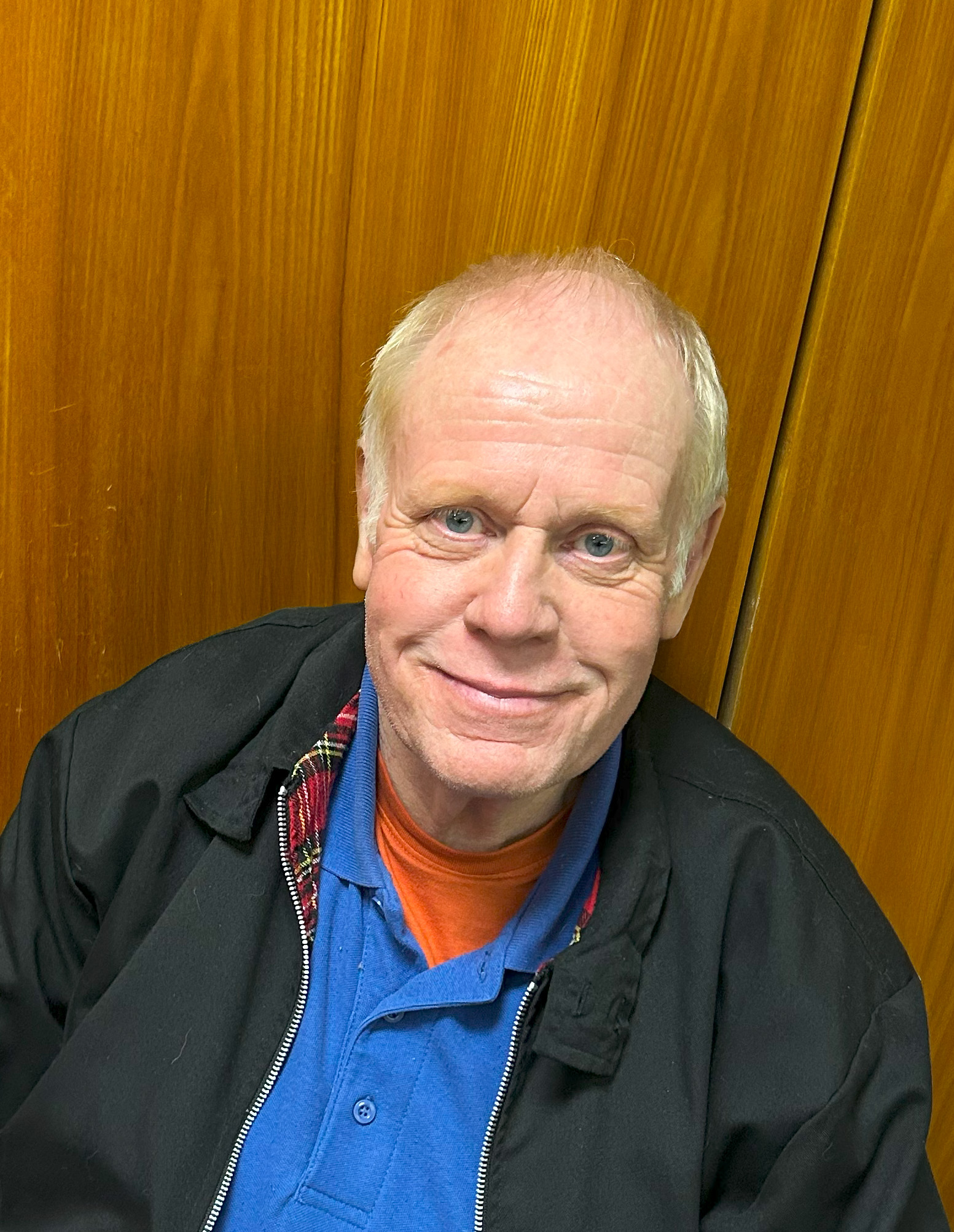
Gary has been a tenant for over 30 years and has lived in several areas of the District during that time. Gary has served in the Royal Air Force, as well as working for Durapipe, one of Cannock Chase’s largest employers of its time. Gary is keen to ensure he represents the views of other tenants with his approach on the Board and is confident he can help positively influence decisions within the housing service. - Andrew Kenny - Executive Director of Property, Housing Plus
-
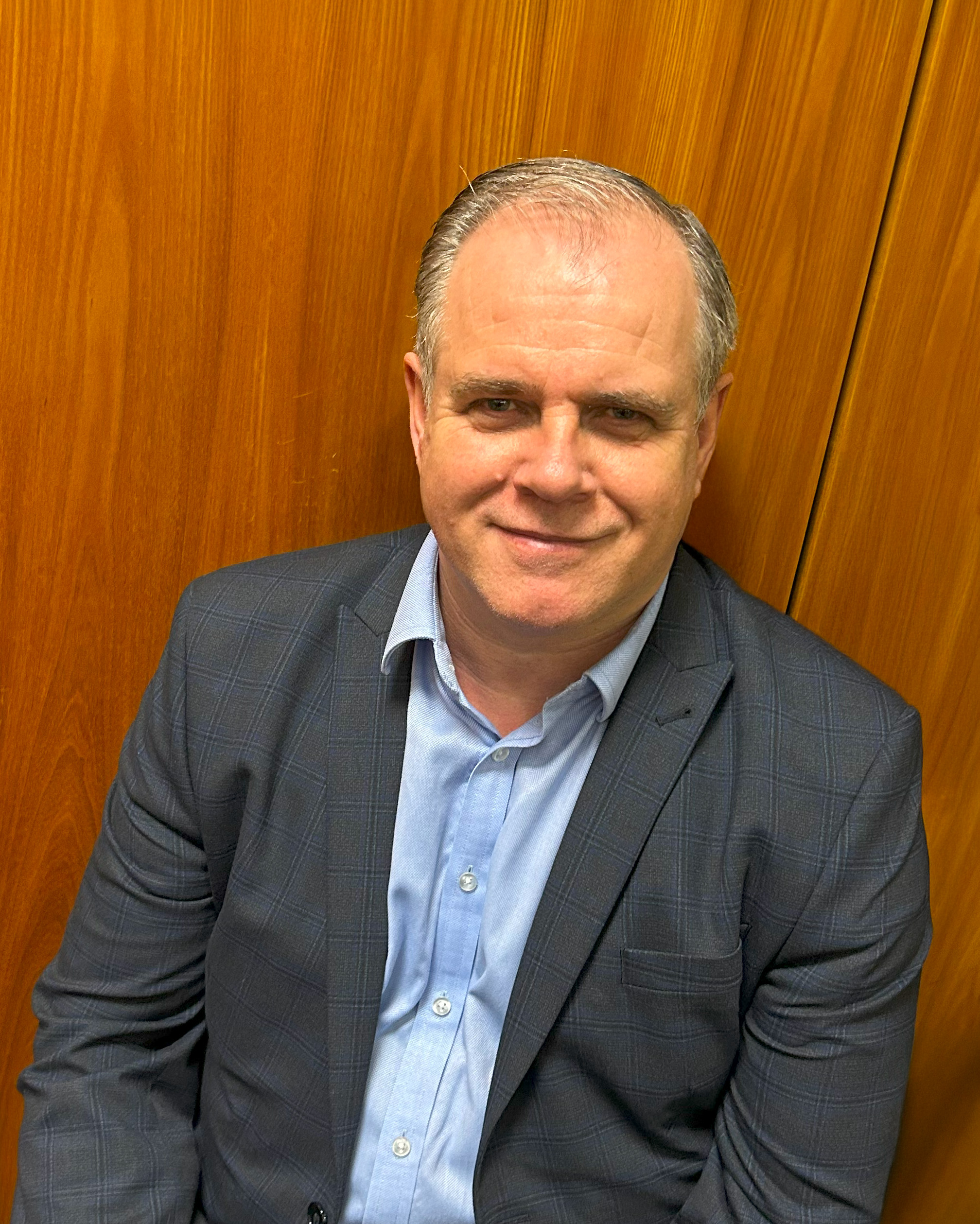
Andrew has over 35 years of experience working within the Construction industry, 15 years in general contracting and over 20 years within Social Housing, most notably working with the Housing Plus Group. His current role is Executive Director of Property. Andrew’s parents live in social housing so he knows the value and importance of good quality, safe and secure Council housing. - Sarah Johnson - Director of Governance and Legal, whg (Walsall Housing Group)
-
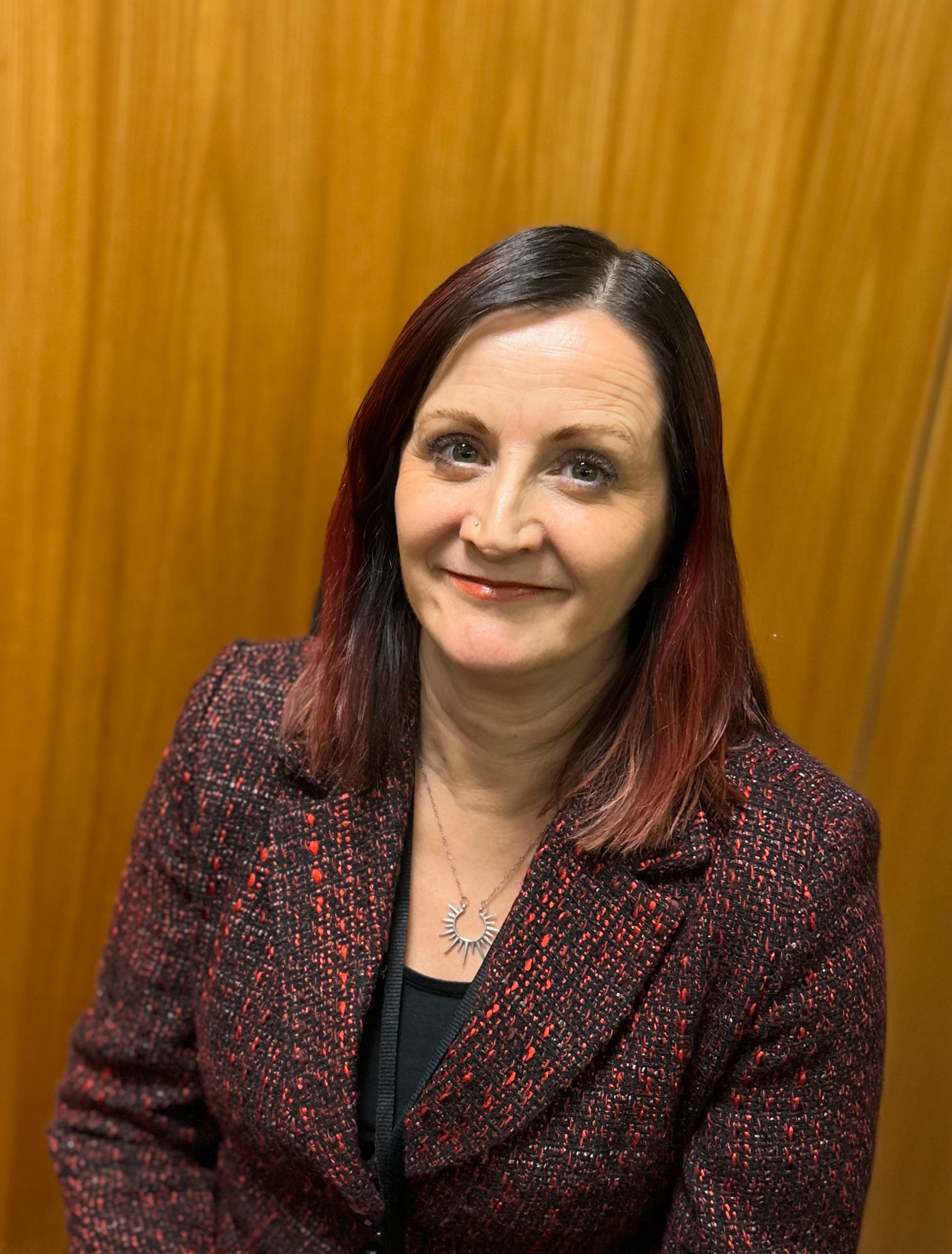
Sarah has worked in the housing sector for almost 30 years, with 20 years leadership experience, across a broad range of organisations including a local authority, housing associations, a Housing Action Trust, a housing law firm and Tenant Management Organisations (TMOs). Sarah is currently employed at Walsall Housing Group (whg) in the senior leadership team as Director of Governance and Legal. - Lucy Cunnett - Homes Manager, Tamworth Borough Council
-
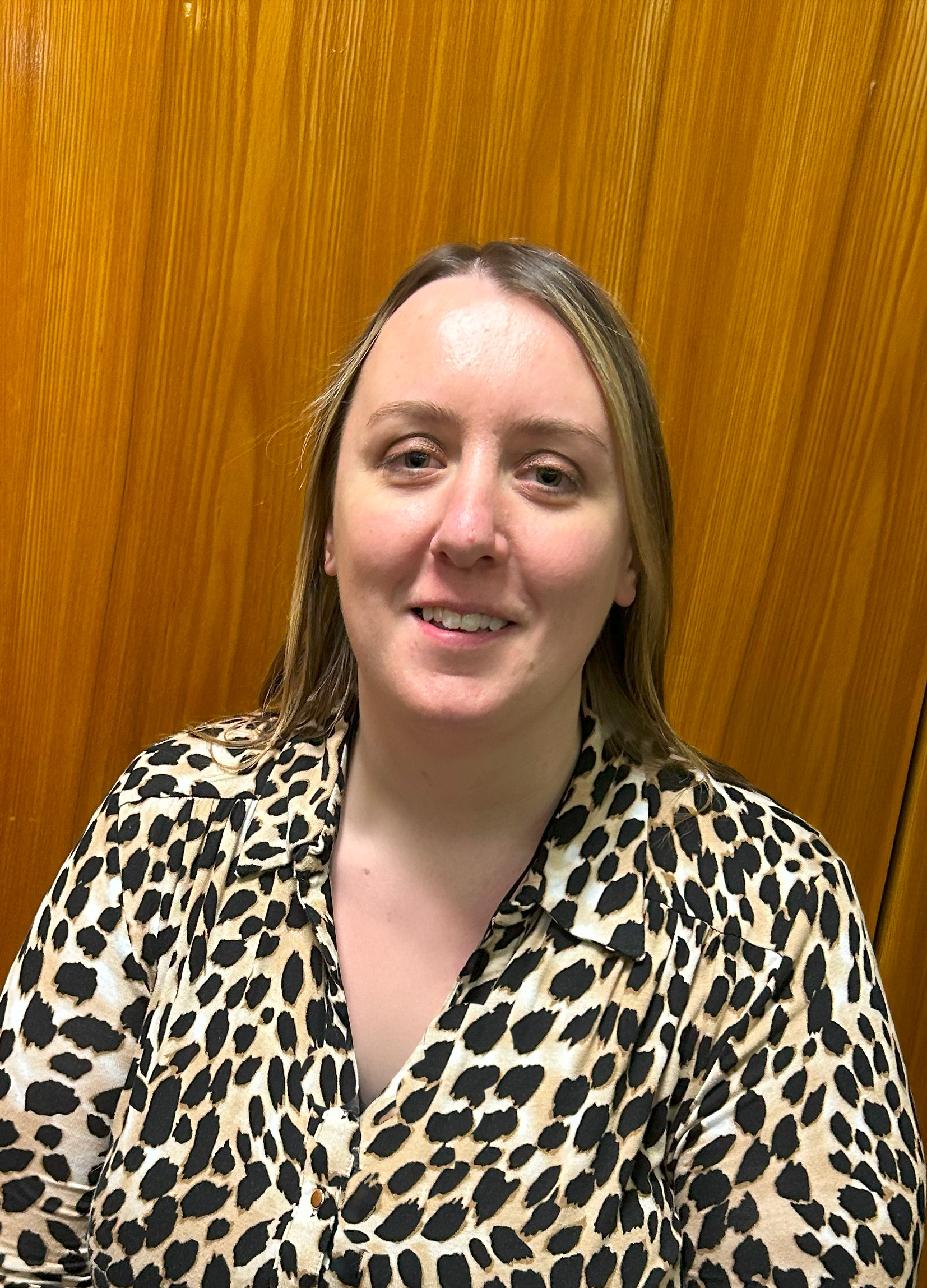
Lucy lives in the Cannock Chase District and is keen to shape and support housing services in the area where she lives. Lucy works for a neighbouring local authority, Tamworth Borough Council, and her current role is as Homes Manager. Lucy has experience with a range of areas within Council housing, such as with Allocations, Supported Housing, Voids and Estate Management - Cllr Steve Thornley, Leader of the Council (Chair)
-

- Cllr Sue Thornley, Housing and Corporate Assets Portfolio Leader
-
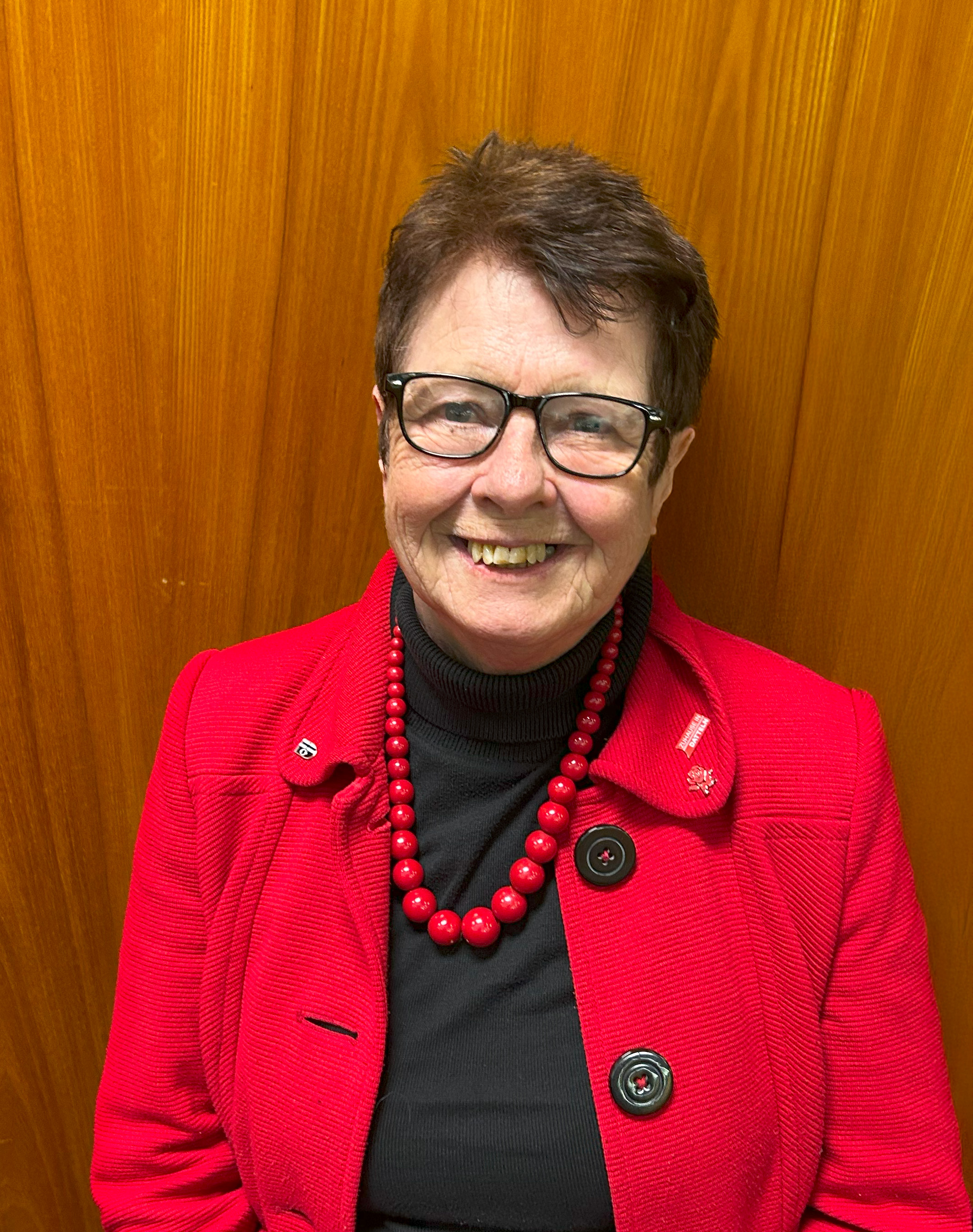
- Cllr Phillipa Haden, Shadow Housing and Corporate Assets Portfolio Leader
-
